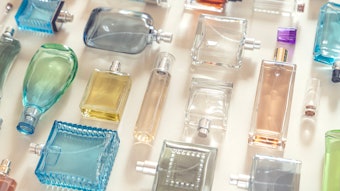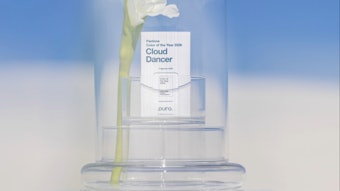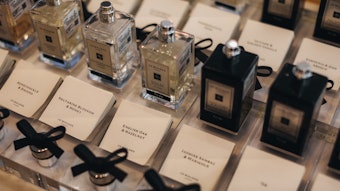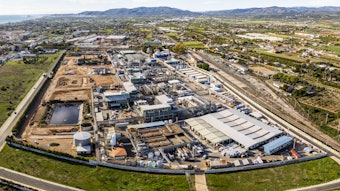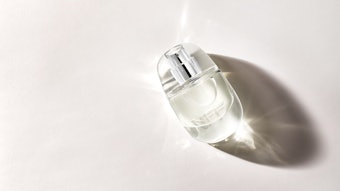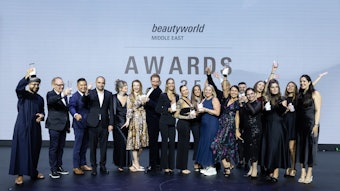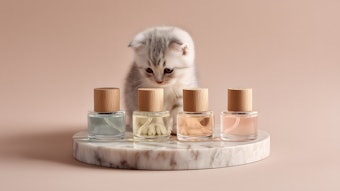The history of the Spanish aroma chemical industry reflects the trends that have shaped the global industry—local family ownership giving way to multinationals, competition from developing markets—as shown in the International Federation of Essential Oil and Aroma Trades Medal Lecture presented by Francisco Fernandez Alvarez-Castellanos at the organization’s 2011 Barcelona event. Alvarez-Castellanos spent 40 years in Spain’s aroma chemical industry before retiring in 2005, providing him with a unique perspective on the local industry’s past and future.
In 1916, anethole production began in Barcelona, followed by turpentine and terpineol production in 1925. Destilaciones Bordas Chinchurreta, SA was among the earliest family owned aroma chemical manufacturers, established in Seville. Today, the company has grown to produce more than 200 materials for the flavor and fragrance industry. DAKSA then formed in 1955. Due to the terpineol produced in the country, the world’s first air freshener was produced in Spain, Alvarez- Castellanos said. Comprising primarily terpineol, the product was advertised as a “forest scent.”
The Francoist government supported the fledgling industry by incentivizing producers and exporters, as well as importers of raw materials. In 1970s and 1980s, at the close of the Francoist era, the Spanish industry and aroma chemical production quantities witnessed huge growth, particularly with the boom of new cleansers, household cleaners and beauty products.

